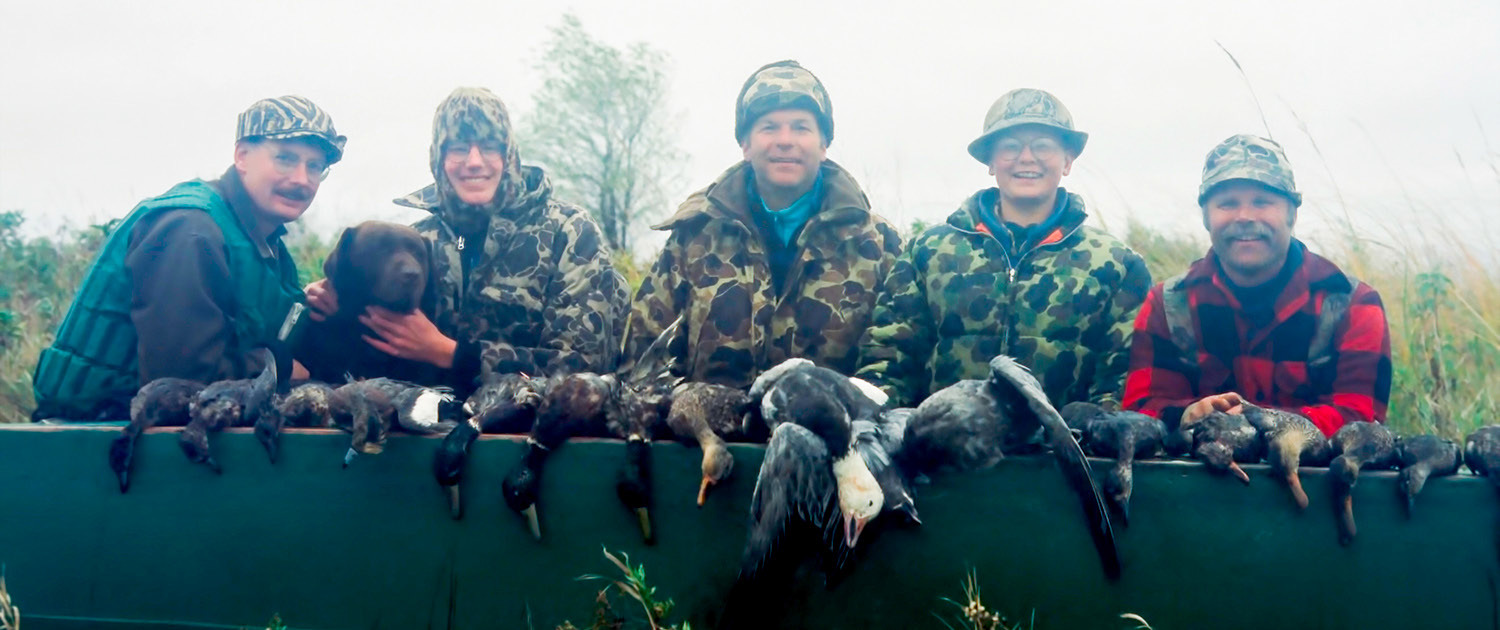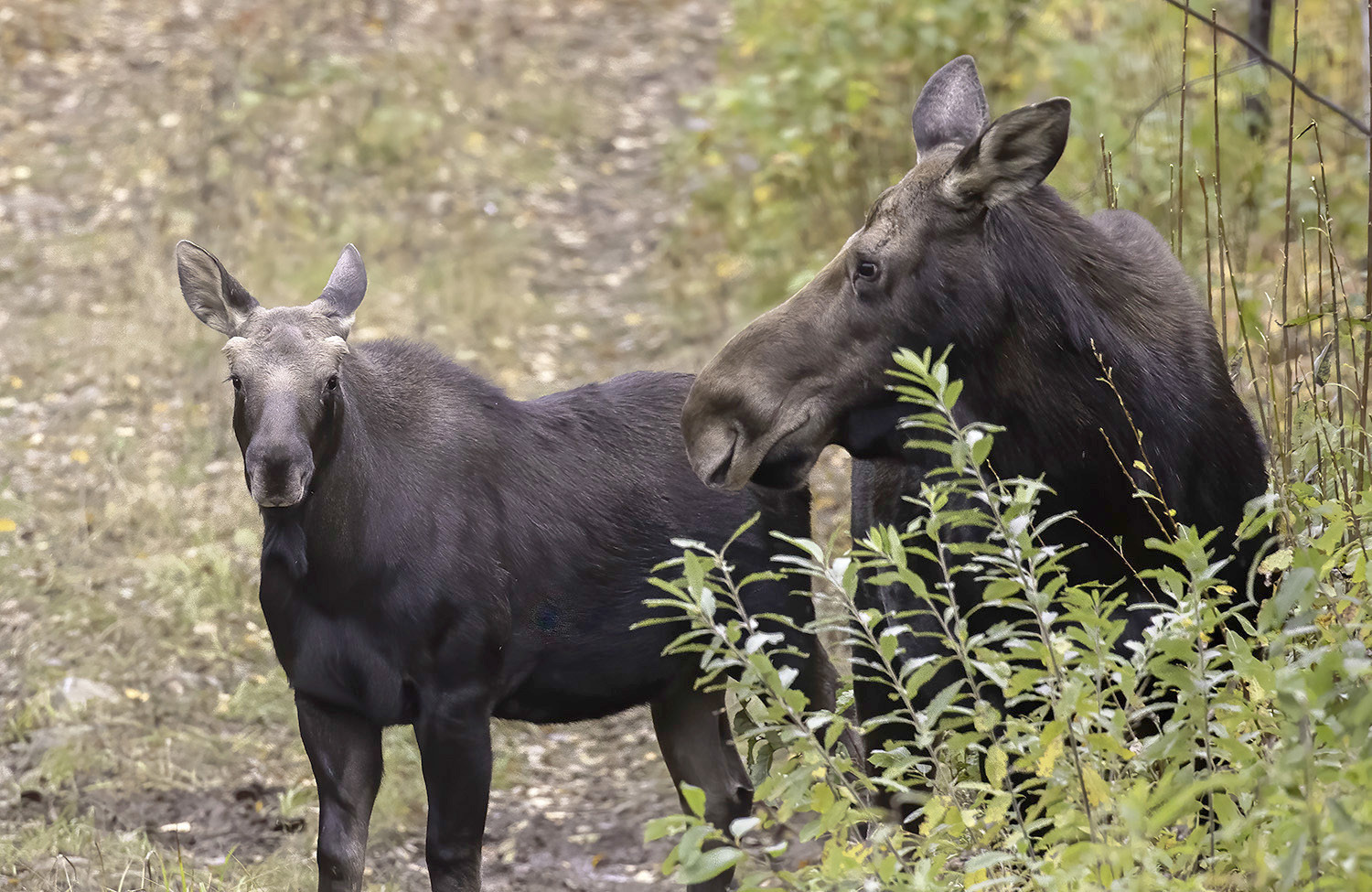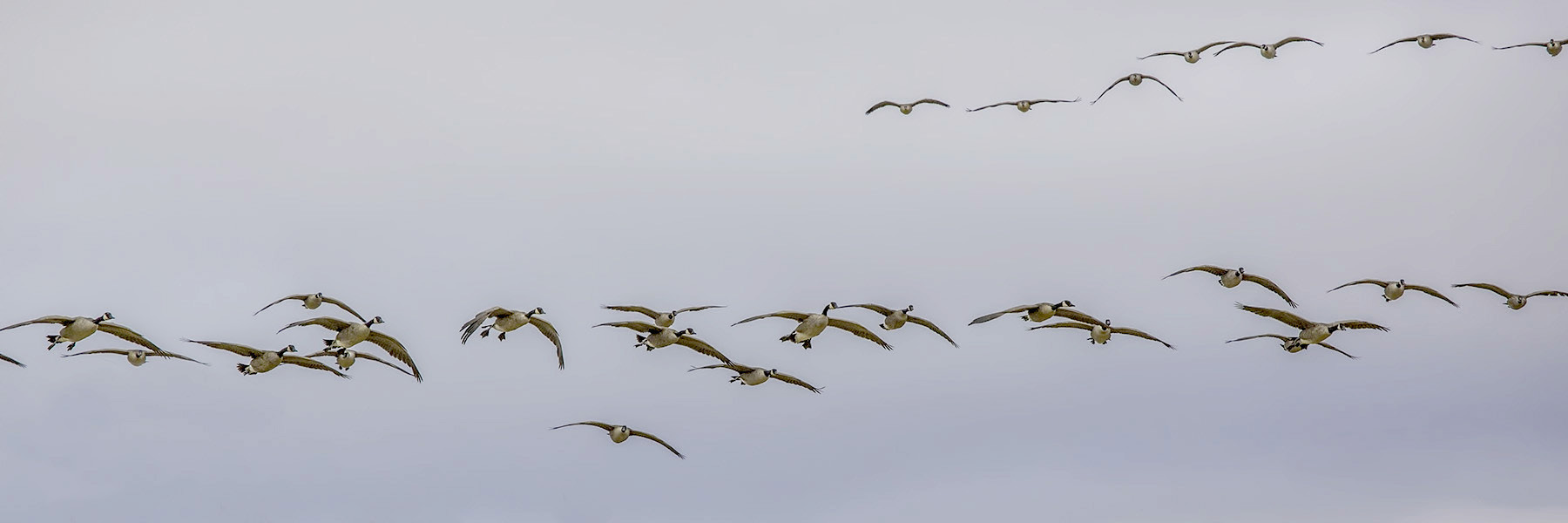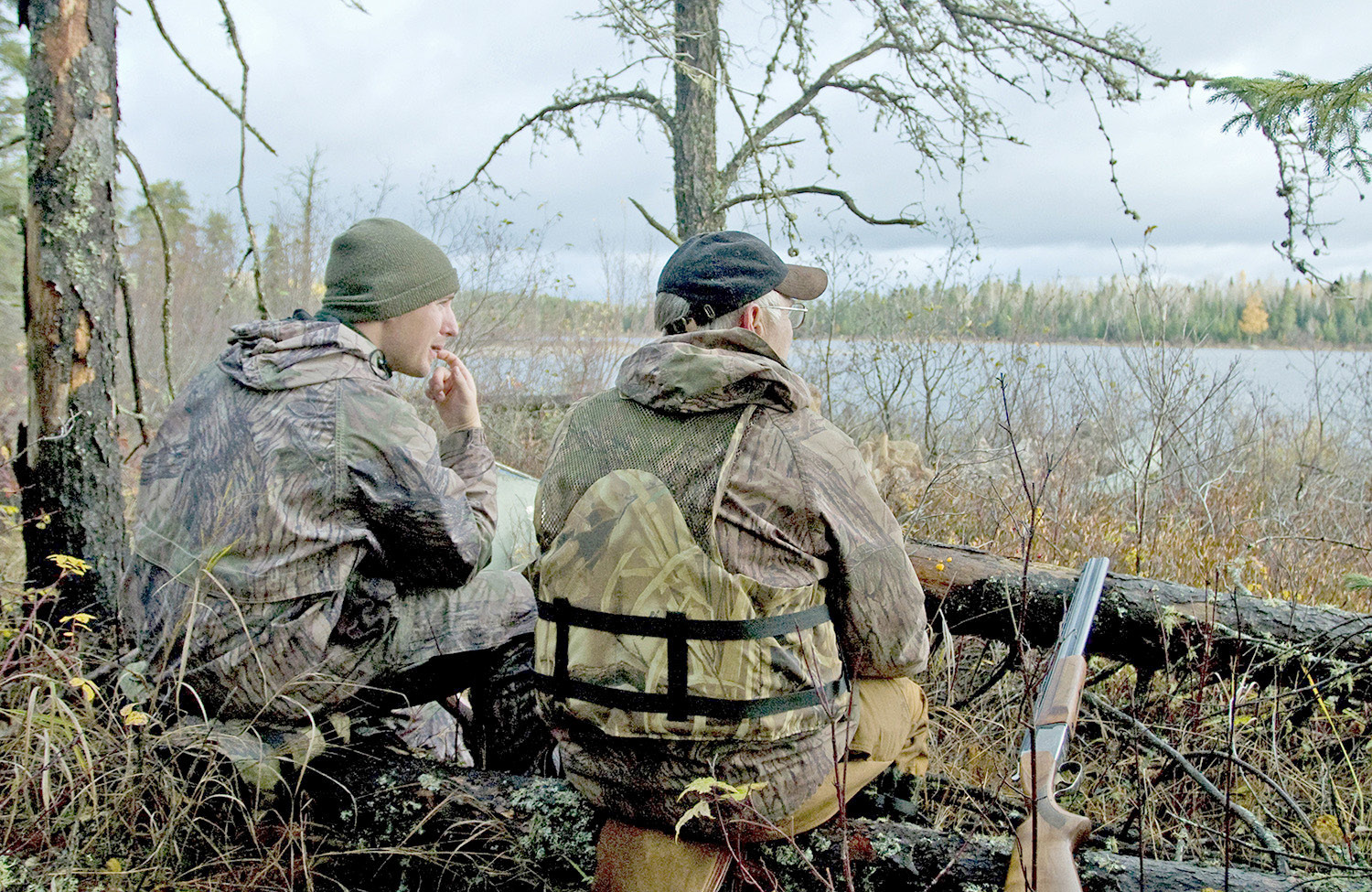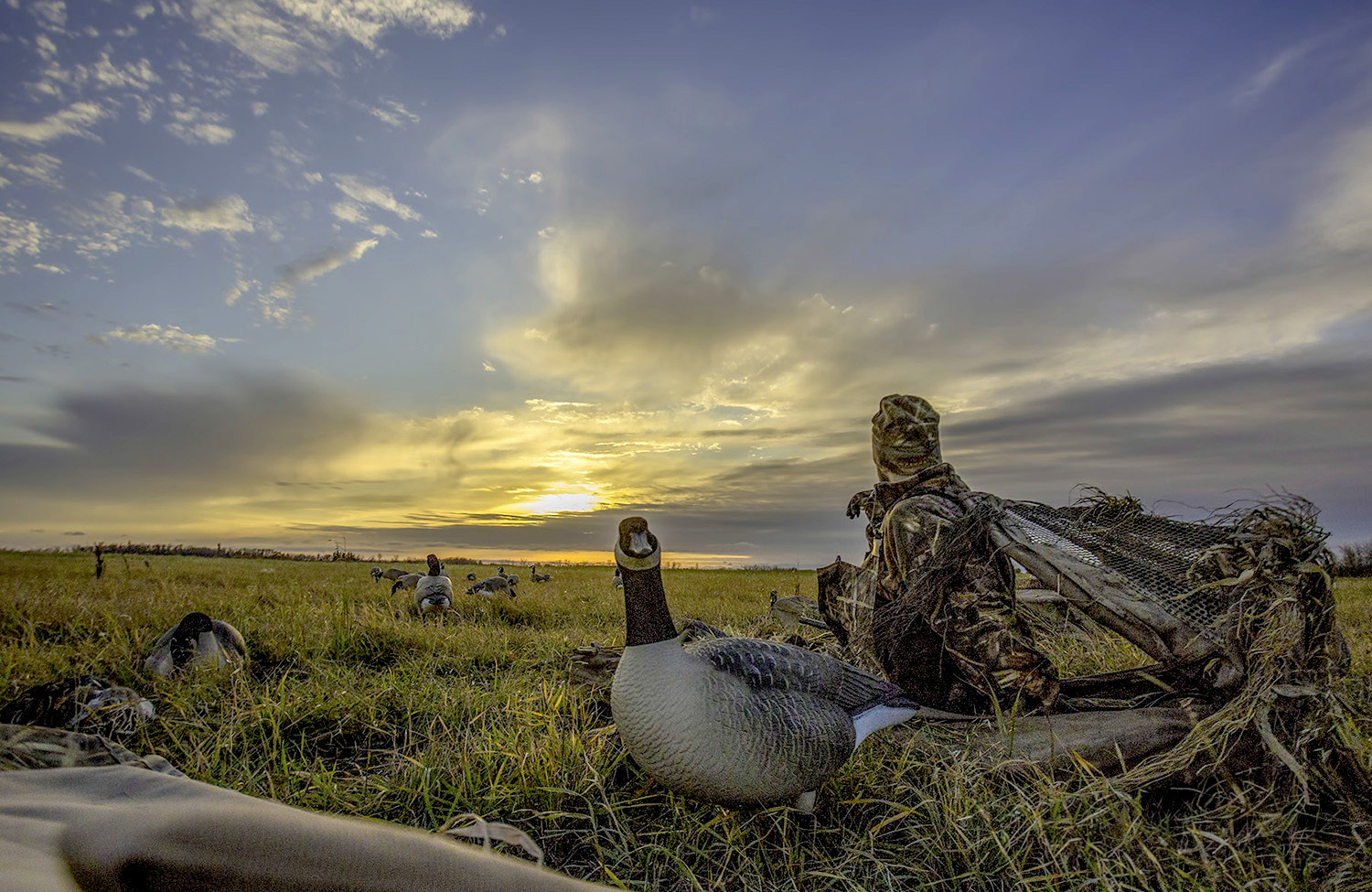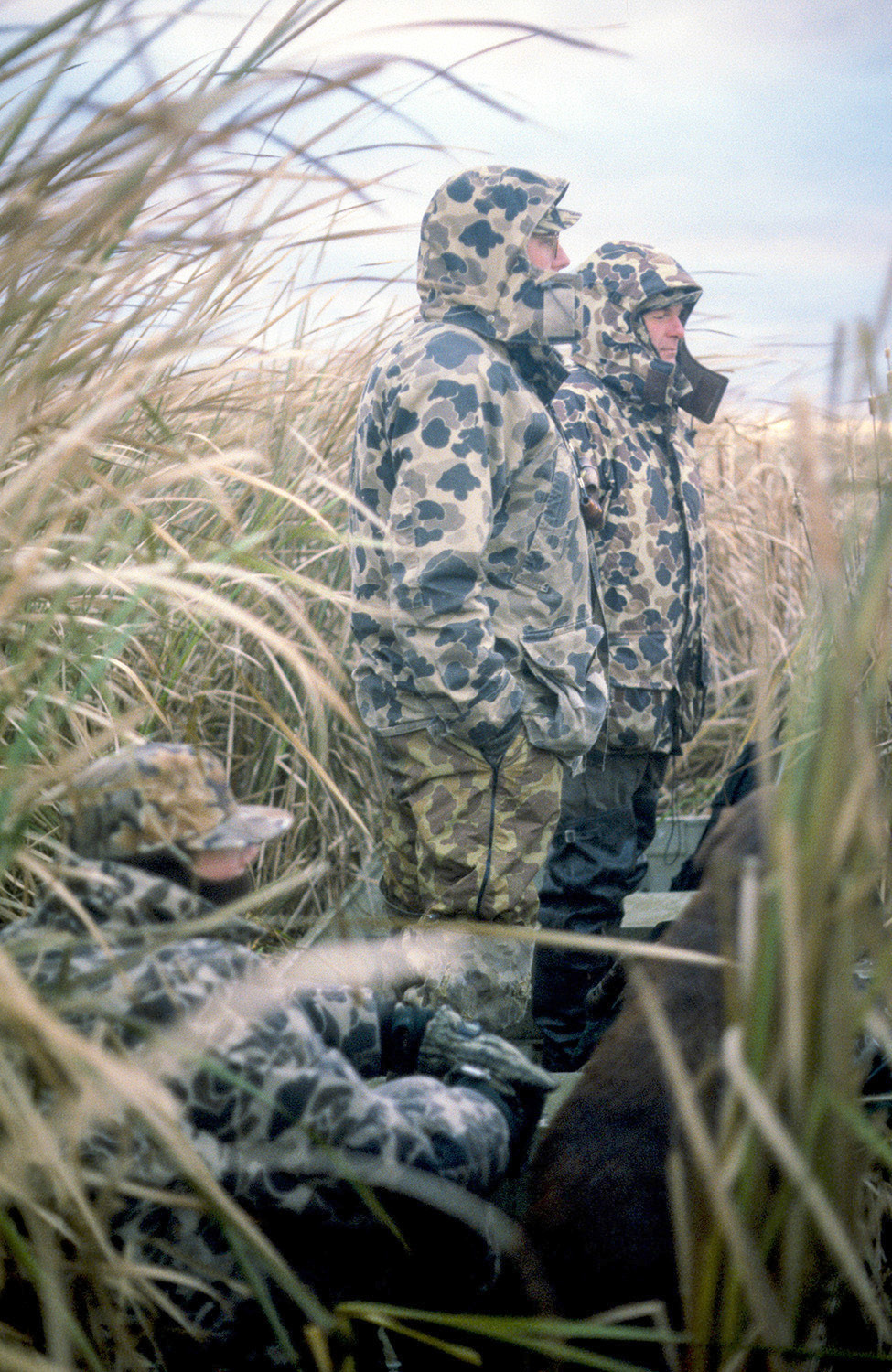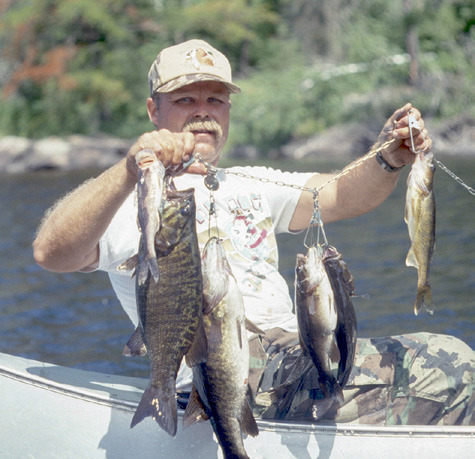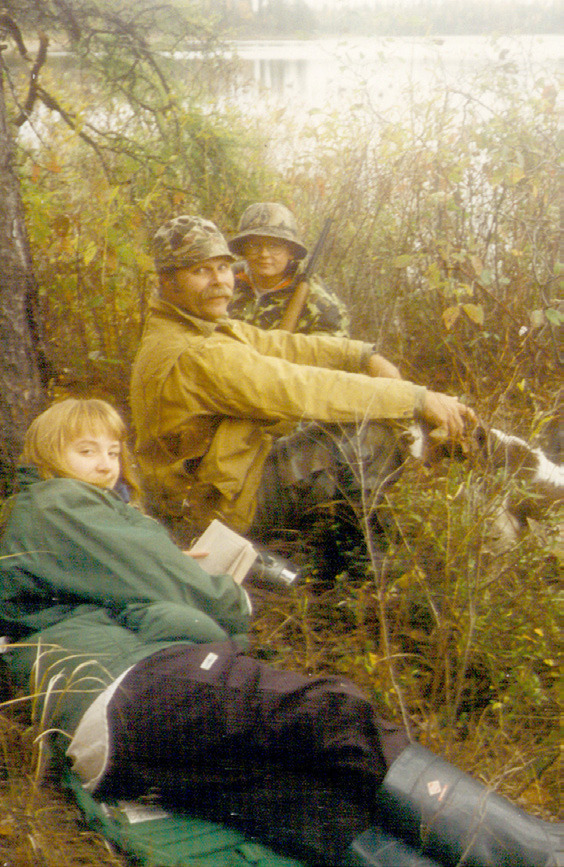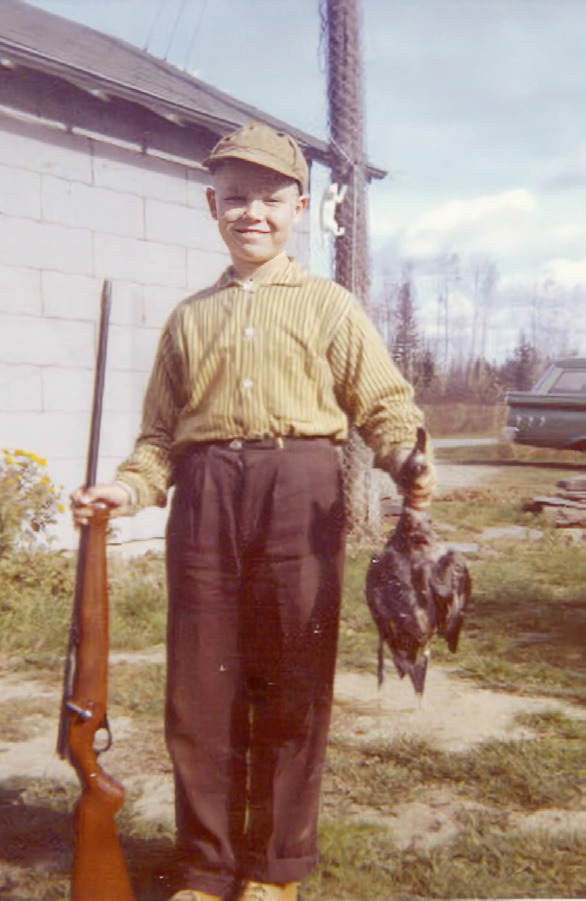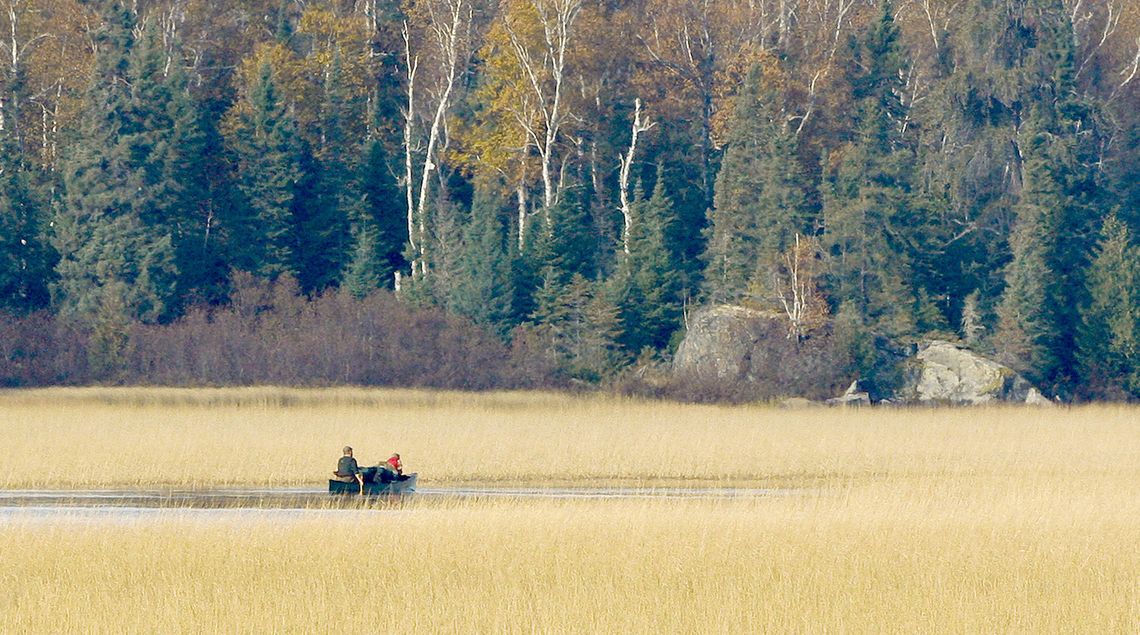Chapter 15 - Duck Hunting the Perent River
You gotta be a little bit nuts to be a duck hunter in NE Minnesota. We don’t live in an area where large numbers of bluebills, teal, mallards and wood ducks reside.
We have a few locals that are hatched, but the fall flyway with millions of waterfowl migrating through is located a couple of hundred miles west of us. Once the resident ducks are chased away, you might catch one or two days as the northern flight passes through from The Pas, Manitoba on their way to the shores of the Gulf of Mexico – if you’re lucky!
That said, there are a small legion of faithful that still get their duck stamps and spend time setting out decoys and chasing a few errant ringnecks around too much water and not enough other hunters. There is something about being out and about in the fall that gets into your blood.
As the season progresses, the weather can get cold. After battling the heat and humidity of July and August, temps in the high teens to about thirty feel good. And helps to acclimate you for the bone-chilling cold of the winter ahead. A brisk wind at the freezing mark tingles your cheeks and burns your ear lobes. Ducking down into the shoulder area of a warm parka is a pleasant experience. Breaking ice to get into your favorite blind area is a badge of honor. Numb fingers while picking up decoys is something only duck hunters feel and only they can relate to.
Sunrises and sunsets are always spectacular. But seeing a sunrise from a duck blind brings the experience to another level.
You are where you are because you spent hours getting there and set decoys and filled in a blind all in the dark. You watch the day begin along the eastern horizon and marvel at how fast it develops into a large splash of yellows and orange as the sun finally appears and brings a bit of warmth to the tip of your nose. Possibly the most spectacular sunrise I ever saw was sitting in a blind on the south end of Lake Manitoba in Delta Marsh. The sky exploded with my son right in the middle of it. A very special time.
Most people equate “duck talk” to “quack”. Various waterfowl have a much larger vocabulary than that. You can hear “peeps”, “whistles”, “chuckles” and “honks” when out on the water. Experienced hunters can tell what species of ducks are on their way before they can see them. Other sounds you might hear are turtles, songbirds, beaver tail slaps, sloughpumpers (bitterns) and the rush of air beneath the wings of divers approaching and passing over your decoys.
We paddled into a huge flock of geese on a trip in Delta Marsh one morning. They honked incessantly until some signal caused them to all take off at the same time.
There were tens of thousands of birds – so many they blocked out the full moon that was still out.
The roar they made still sends shivers up my spine. One of my fondest memories is of my dad and I making our way in a six-foot pram to a little island in Rauko’s Lake. It was not only pitch black, but foggy as well. With a compass bearing we found the island and set out a dozen decoys. Daylight approached but the fog stayed.
Soon we heard what sounded like jets over our “dekes” as flock after flock of “bill’s” would check out our set. We couldn’t see them until they were right on top of us.
I don’t think we fired a shot that morning, but it was one of my most enjoyable hunts ever!
Waterfowl weren’t the only critters you’d see. Often mink would run the shoreline in front of our blind. Eagles, hawks and migrating songbirds were always visible. Moose were in greater numbers a few years ago, and we would encounter them often. My son Matti and I quietly paddled up to a big bull on the Island River. Tom Wetzel and I were headed back to a place we called “Three River Stadium” when a cow moose ran so close in front of the canoe, I told Tom “I could have touched it with my paddle”!
“Good thing it wasn’t a bull!” he shot back. Just then a bull came across in the same tracks the cow had left. He was more concerned about her than us and thankfully passed us by.
There is a camaraderie with duck hunters that seems to be deeper than other outdoor activities. I had two groups I most often spent time with. The Ely teachers would see some combination of Tom Wetzel, Larry Mischke, Jim Haugen and Doug Dreschler – occasionally along with a transient from Babbitt, Larry Simonich.
The other was Ross Petersen and his son Reed, along with my boy, Matti. We spent many Octobers going up to Steve Roberts’ duck shack on the edge of Delta Marsh. Some years we would sneak around to the south end of the bay to Tin Town and visit Terry Soderberg and Ray Planton at their shack along with some of the other Ely boys.
Many stories would be made and retold on those trips. Once, Doug Dreschler, Larry Simonich and I set up a blind on Newton Lake. As the morning discourse went along, Larry was telling about some of the experiences he had hunting with his in-laws towards the Minnesota/Dakota border.
They weren’t far from Big Stone Lake, and he said big strings of penguins would swoop and swerve as they flew by. Doug and I looked at each other and tried to visualize the plump, tuxedo clad birds with their stubby wings a hundred yards into the sky. “Penguins?” Doug asked. “Yeah, penguins. They’re all over out there”.
We strung him along for several minutes, repeating “penguins” as many times as we could, and he assured us that there were huge flocks of the big birds out there.
Finally, the light bulb turned on.
“I mean pelicans!” Larry finally admitted! Just one of a thousand tales I could tell!
A trip we took many times was to the Perent River. It would start about 2:30 in the morning with coffee and packing lunch. I would drive from Babbitt on The Tomahawk and meet up with the Ely teachers at Highway One. From there, we would continue to Forest Center and the takeoff parking lot to Isabella Lake. There is a moderate portage that we had to carry with canoes, guns, shells, lunch, hip boots, extra layers of clothes and bags of decoys. Once to the lake, we’d load and head to the northeast corner of Isabella. In the dark we’d look for the north star and set a course. If there was any wind, we could hear waves breaking
on a reef along our way and would head towards the sound.
Once there we could see a break in the trees where the Perent River exited Isabella Lake. A short portage would take us to a little lake called Boga. By the time we reached the far end of that lake, the first hint of sunrise would be in front of us as we first crossed one portage and then another just after where Ferne Creek meets the Perent. A wide spot in the river here was shallow and filled with wild rice. We would pick a spot for a blind along the north shore and put out a couple of dozen blocks in front of that with just enough of an opening in the middle to entice ducks into landing. We’d head to shore, drag the canoe back under the trees, spruce up a blind in front of us and break out some monster cookies and a thermos of coffee. The sky would be getting lighter, but shooting time would still be thirty minutes away. Ducks – mostly ringnecks – would already be cruising the river and sitting down in our decoys.
Most days we would struggle to bag a limit. Once in a great while we’d catch the northern flight and have phenomenal action. Once we went in and only shot one mallard. Discussion on the way back home immediately went to planning our next trip.
Why?
Like so many other back country activities, hunting was only one part of the experience. Being in the wild. Having an adventure.
In tune with the sights, sounds and smells going on around you.
Socializing with people you enjoyed. These were the real reasons we made these trips.
Memories of every trip stay with me. When those of us who are left get together, the time is filled with “remember when Mischke snuk up on his decoy and shot it .... twice!”. When Jim Haugen and I high centered our canoe on a rock as a snow squall raced across Isabella Lake. The time I brought a double barrel black powder 12-guage along. The great shoot we had at the “Y” where the Island River and the Isabella River meet. When Haugen and I ran out of shells and 200 yards away, Mischke and Dreschler shot once. When we had three labs in Delta Marsh and never lost a duck in two days of hunting. This is why we went, and when we can, continue to go. Wetzel will soon be back from Florida. I ‘spect we’ll go to his deer shack soon and eat chips and polish and re-tell a few stories. Those special days get lived all over again.
